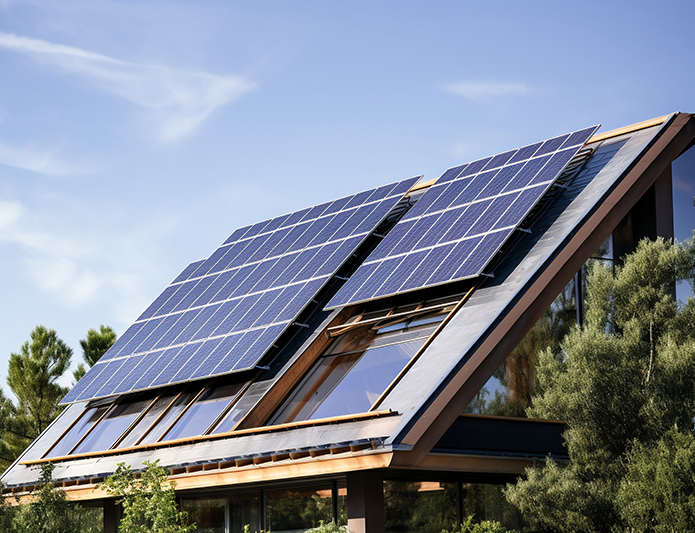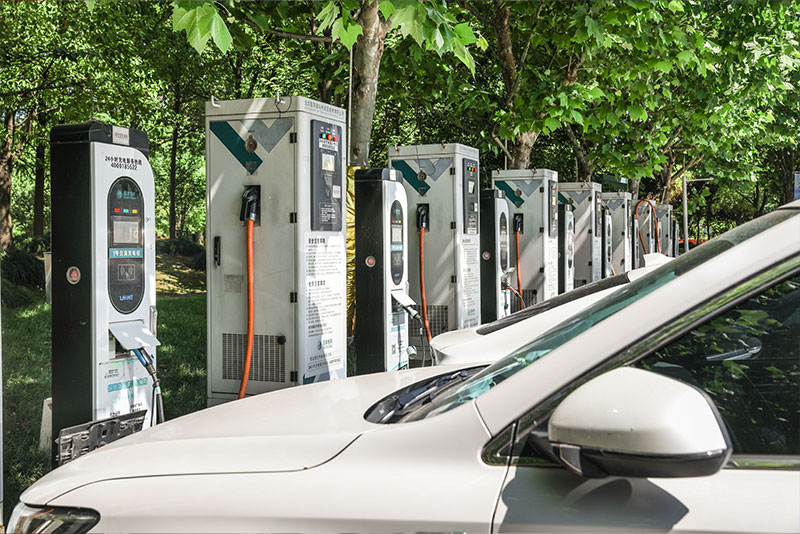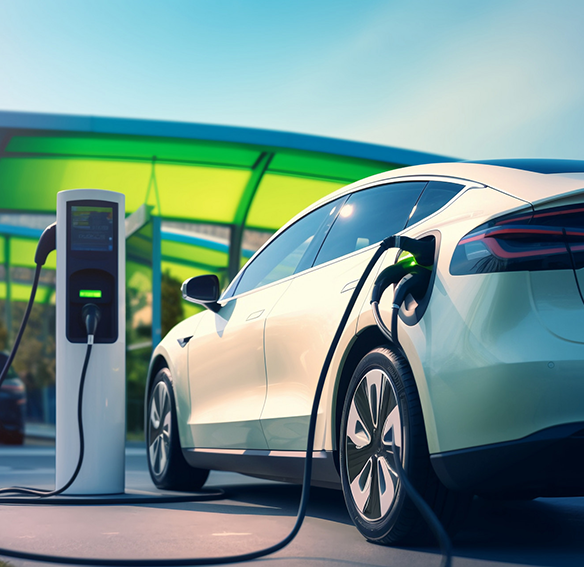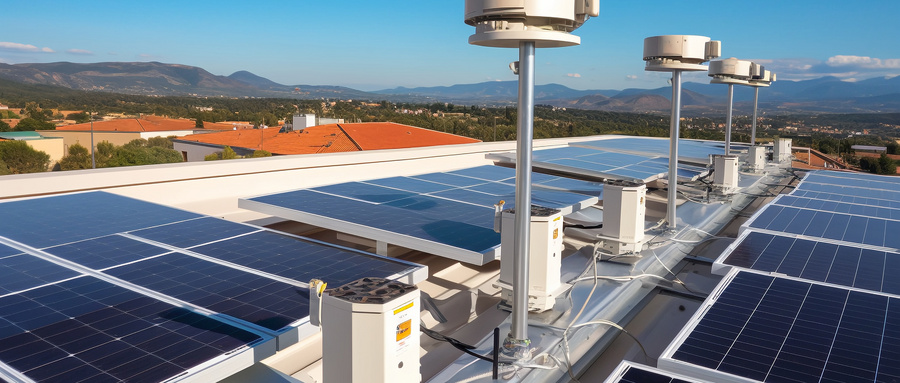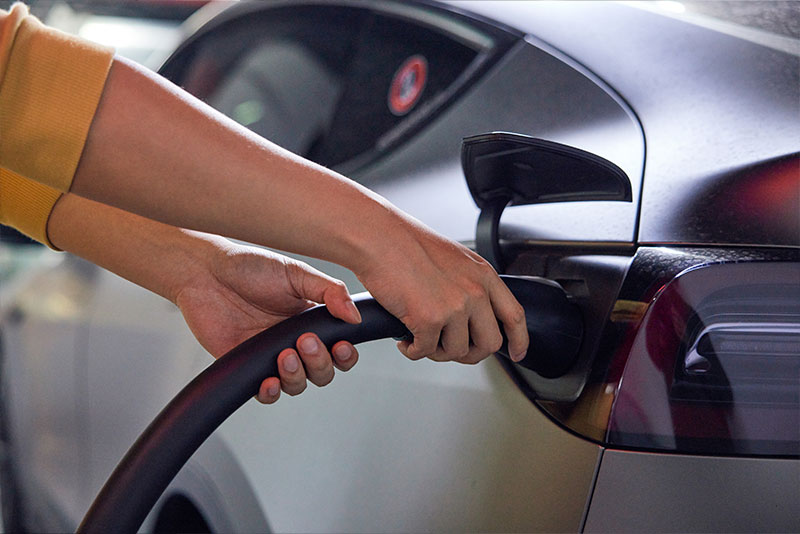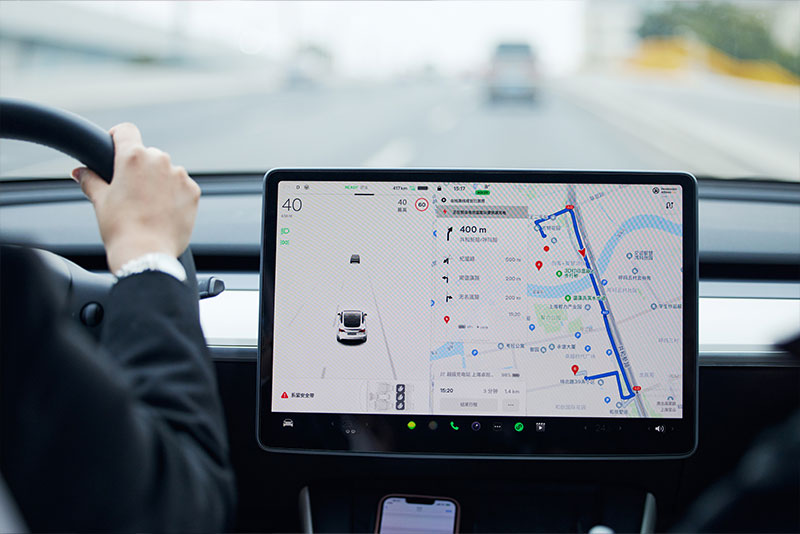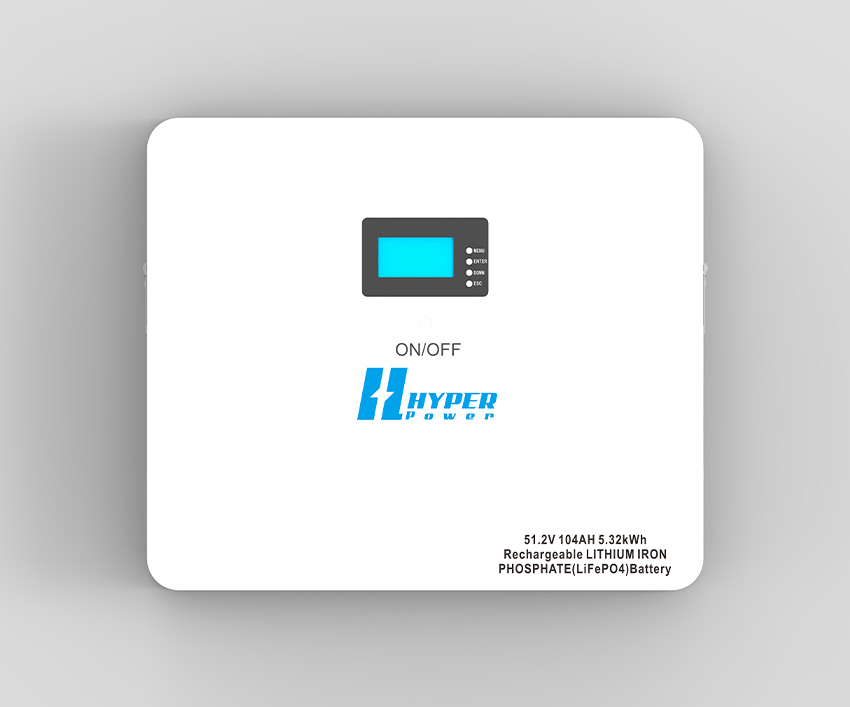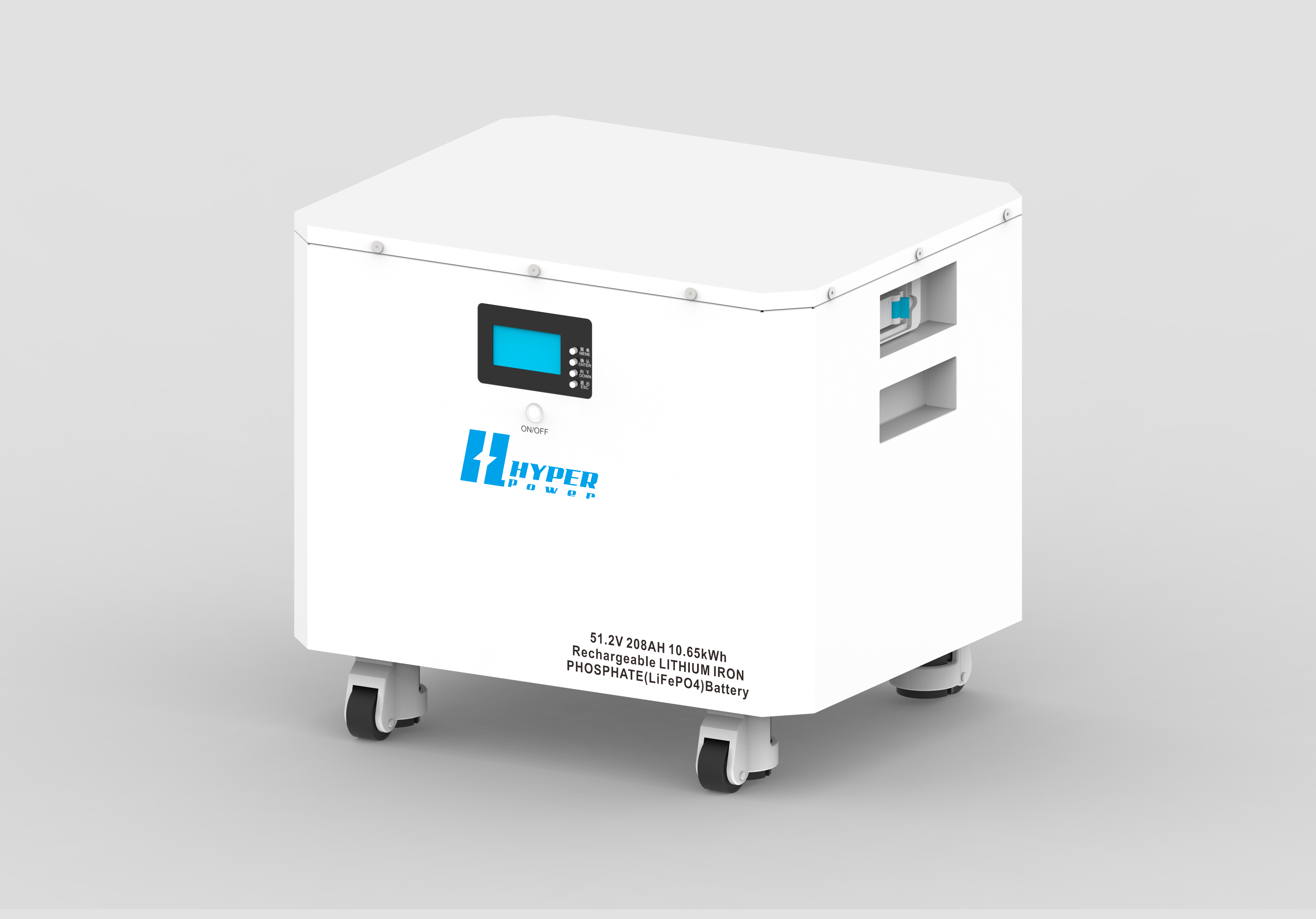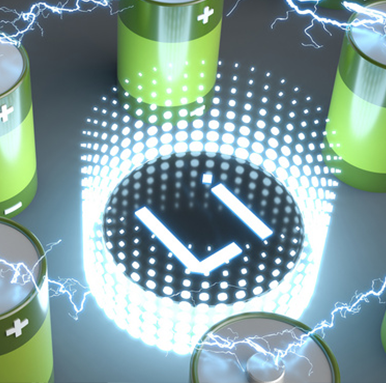Why You Should Replace Your Lead-Acid Battery with Lithium-Ion
As technology continues to evolve, the demand for more efficient and durable energy storage solutions is increasing. One of the most significant innovations in the field of battery technology has been the development of lithium-ion batteries. These batteries have quickly become a preferred choice for a wide range of applications, including electric vehicles, renewable energy storage, and even in personal electronics. But when it comes to replacing traditional lead-acid batteries, the shift toward lithium-ion batteries is not just a passing trend — it’s a game-changer.
In this blog, we will explore the compelling reasons why you should replace your lead-acid battery with lithium-ion, including the advantages of lithium-ion technology, its performance benefits, cost-effectiveness, and environmental impact.
Lithium-Ion Batteries: The Future of Energy Storage
Before delving into the specifics, it’s important to understand what sets lithium-ion batteries apart from traditional lead-acid batteries. Lead-acid batteries, first developed in the 19th century, have been the standard for many applications due to their relatively low cost and proven track record. However, they come with several significant limitations, including their weight, limited lifespan, and inefficient energy density. These limitations make them less suitable for modern applications that require higher performance and greater reliability.
Lithium-ion batteries, on the other hand, are much newer but have quickly gained traction due to their superior characteristics, making them the go-to solution for many industries today.
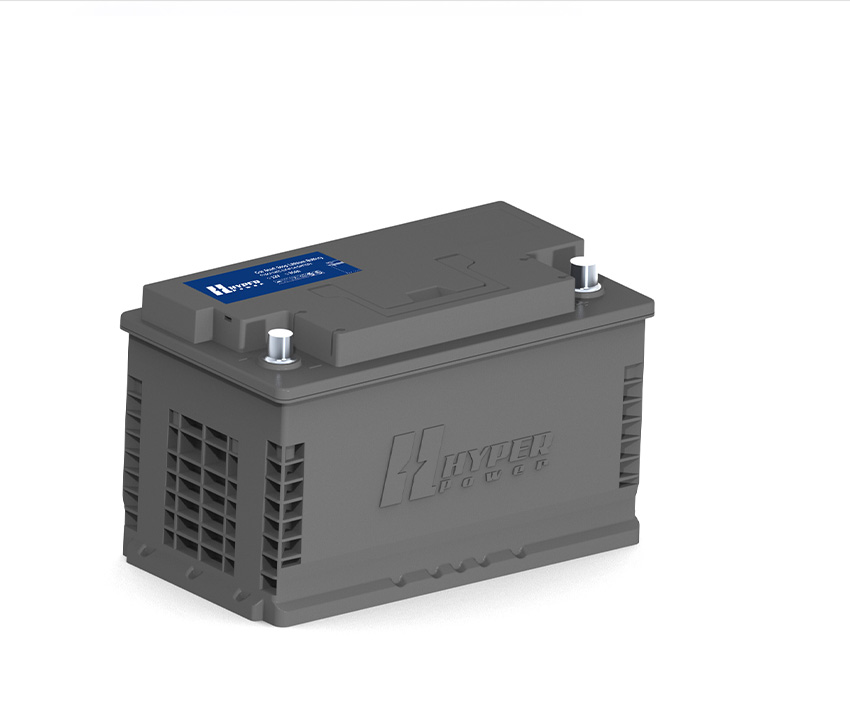
Higher Energy Density
One of the primary reasons to replace lead-acid battery with lithium-ion batteries is the higher energy density of lithium-ion batteries. Energy density refers to the amount of energy a battery can store relative to its size and weight. Lithium-ion batteries have a significantly higher energy density compared to lead-acid batteries, meaning they can store more energy in a smaller and lighter package.
For example, lithium-ion batteries can offer up to three times the energy density of lead-acid batteries. This means that when you replace lead acid battery with lithium, you’ll enjoy longer run times or driving distances, depending on your application. This is particularly beneficial for electric vehicles (EVs), where space and weight are critical considerations.
Longer Lifespan
Another major advantage of lithium-ion batteries is their longer lifespan. Lead-acid batteries typically last between 3 and 5 years, depending on usage and maintenance, while lithium-ion batteries can last anywhere from 8 to 10 years or more. This translates to fewer replacements, less maintenance, and ultimately, a lower total cost of ownership over the long term.
Lithium-ion batteries also have a much higher number of charge-discharge cycles compared to lead-acid batteries. While a lead-acid battery may start to degrade after only a few hundred charge cycles, a lithium-ion battery can endure thousands of cycles without significant degradation in performance.
This makes lithium-ion batteries a far more cost-effective solution in the long run, especially if you’re looking to replace lead acid battery with lithium-ion for applications like off-grid solar power systems, electric vehicles, or even backup power storage.
Faster Charging Times
Lithium-ion batteries are known for their fast charging capabilities, another reason why many are opting to replace lead acid battery with lithium. Lead-acid batteries can take much longer to charge, often requiring up to 8–10 hours for a full charge. In contrast, lithium-ion batteries can be charged in a fraction of that time — sometimes in as little as 1–3 hours — depending on the battery size and charger.
Faster charging is particularly useful in applications like electric vehicles, where charging times can significantly impact convenience and usability. If you rely on a battery-powered system, having a shorter wait time to recharge is a significant advantage.
Reduced Weight
One of the key disadvantages of lead-acid batteries is their weight. Lead-acid batteries are heavy, often making up a large portion of the total weight in applications like cars, RVs, and solar power systems. For instance, a typical lead-acid battery can weigh up to three times more than a similarly sized lithium-ion battery.
By replacing lead acid battery with lithium-ion, you can reduce the overall weight of your system, improving mobility and efficiency. In electric vehicles, this weight reduction translates to better energy efficiency and performance, allowing for increased range and improved handling.
Improved Safety
Lithium-ion batteries are safer than their lead-acid counterparts in many cases. While both types of batteries can be hazardous if damaged or improperly handled, lithium-ion batteries are less likely to leak harmful chemicals or corrode, a common issue with lead-acid batteries.
Lead-acid batteries are more prone to leakage of sulfuric acid, which can cause environmental contamination and pose a safety risk. Additionally, lead-acid batteries are also more susceptible to overheating and even explosions if overcharged or improperly disposed of.
In contrast, lithium-ion batteries are sealed and do not suffer from the same issues. They also include built-in safety features, such as overcharge protection and temperature monitoring, which help to minimize the risk of accidents or battery failure. This makes them a safer option overall, especially when replacing lead acid battery with lithium-ion for sensitive applications like home energy storage or electric vehicles.
Better Performance in Extreme Temperatures
Another notable advantage of lithium-ion batteries over lead-acid batteries is their ability to perform better in extreme temperatures. Lead-acid batteries tend to lose capacity and efficiency when exposed to extreme cold or heat. This is a significant issue for people who live in areas with fluctuating temperatures or for applications that require consistent performance, such as off-grid solar systems or RVs.
Lithium-ion batteries, however, are more resilient in extreme conditions, maintaining their performance even in colder environments. Although they can still experience some performance degradation in very high or low temperatures, they are generally much more reliable than lead-acid batteries, making them a better choice for year-round use in varying climates.
Environmentally Friendly
Lithium-ion batteries are also more environmentally friendly than lead-acid batteries. Lead-acid batteries are notorious for their environmental impact, particularly in terms of lead pollution. Lead is a toxic heavy metal that can contaminate soil and water if not disposed of properly. In fact, improper disposal of lead-acid batteries is one of the largest sources of lead pollution worldwide.
In contrast, lithium-ion batteries have a much smaller environmental footprint. While lithium-ion batteries are not entirely free of environmental concerns (lithium mining and disposal can have some impact), they are generally considered more sustainable than lead-acid batteries. Many lithium-ion battery manufacturers are also improving their recycling programs, making it easier to reuse materials and reduce waste.
By choosing to replace lead acid battery with lithium-ion, you’re making a step toward reducing the environmental impact of your energy storage systems, which is an important consideration for those committed to sustainability.
Cost Savings Over Time
While lithium-ion batteries tend to have a higher upfront cost compared to lead-acid batteries, they provide significant savings over time. The higher initial cost of lithium-ion batteries is often offset by their longer lifespan, lower maintenance requirements, and higher efficiency. When you factor in the reduced need for replacements and the improved performance, lithium-ion batteries are often the more economical choice in the long term.
For instance, while a lead-acid battery may need to be replaced every 3–5 years, a lithium-ion battery can last much longer, providing better value for money. If you are looking for a cost-effective and long-term solution, replacing lead acid battery with lithium-ion is an investment that pays off.
Applications for Lithium-Ion Batteries
The decision to replace lead acid battery with lithium-ion has become particularly relevant in a variety of applications. Here are just a few areas where lithium-ion batteries are quickly gaining ground:
- Electric Vehicles (EVs): Lithium-ion batteries are the power source of choice for most electric vehicles. Their lighter weight, faster charging, and longer lifespan make them ideal for EVs that demand high performance and efficiency.
- Solar Energy Systems: Lithium-ion batteries are increasingly used for storing energy in off-grid solar systems. Their efficiency, long lifespan, and ability to handle fluctuating weather conditions make them perfect for energy storage in residential and commercial solar setups.
- Backup Power Systems: Lithium-ion batteries are also used in backup power systems for homes and businesses. They offer reliable, high-performance energy storage that can power your home during outages without taking up too much space.
- Marine and RV Applications: Lithium-ion batteries are becoming popular for use in boats, RVs, and other mobile systems due to their lightweight and long-lasting nature.
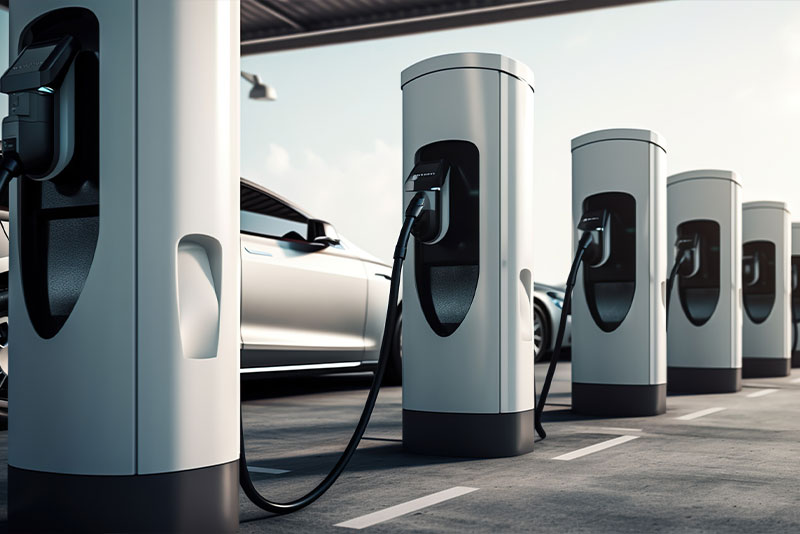
Conclusion
The decision to replace lead acid battery with lithium-ion is becoming increasingly popular as people realize the many benefits of lithium-ion technology. Whether you’re looking for a more reliable, longer-lasting, or environmentally friendly power source, lithium-ion batteries offer a superior alternative to traditional lead-acid batteries.
From improved performance and reduced weight to longer lifespan and lower total cost of ownership, the advantages of lithium-ion batteries are clear. As technology continues to evolve, lithium-ion batteries are likely to remain at the forefront of energy storage solutions, making them the smart choice for anyone looking to upgrade their battery systems.
By making the switch to lithium-ion, you can enjoy a more efficient, sustainable, and cost-effective solution for your energy storage needs — whether it’s for your vehicle, home, or any other application that requires reliable power.
Blog

Maximizing Energy Independence with Home Lithium Battery Storage

How Residential Photovoltaic Energy Storage Systems Empower Sustainable Homes
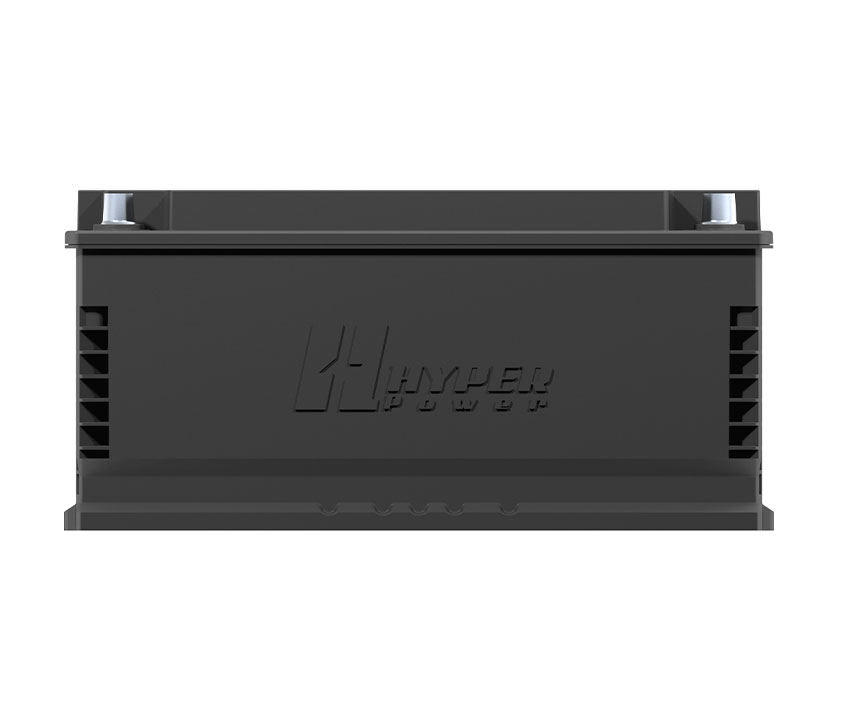
Why the 12V Lithium Ion Car Battery is the Smarter Automotive Power Solution — Insights from JEJE Energy
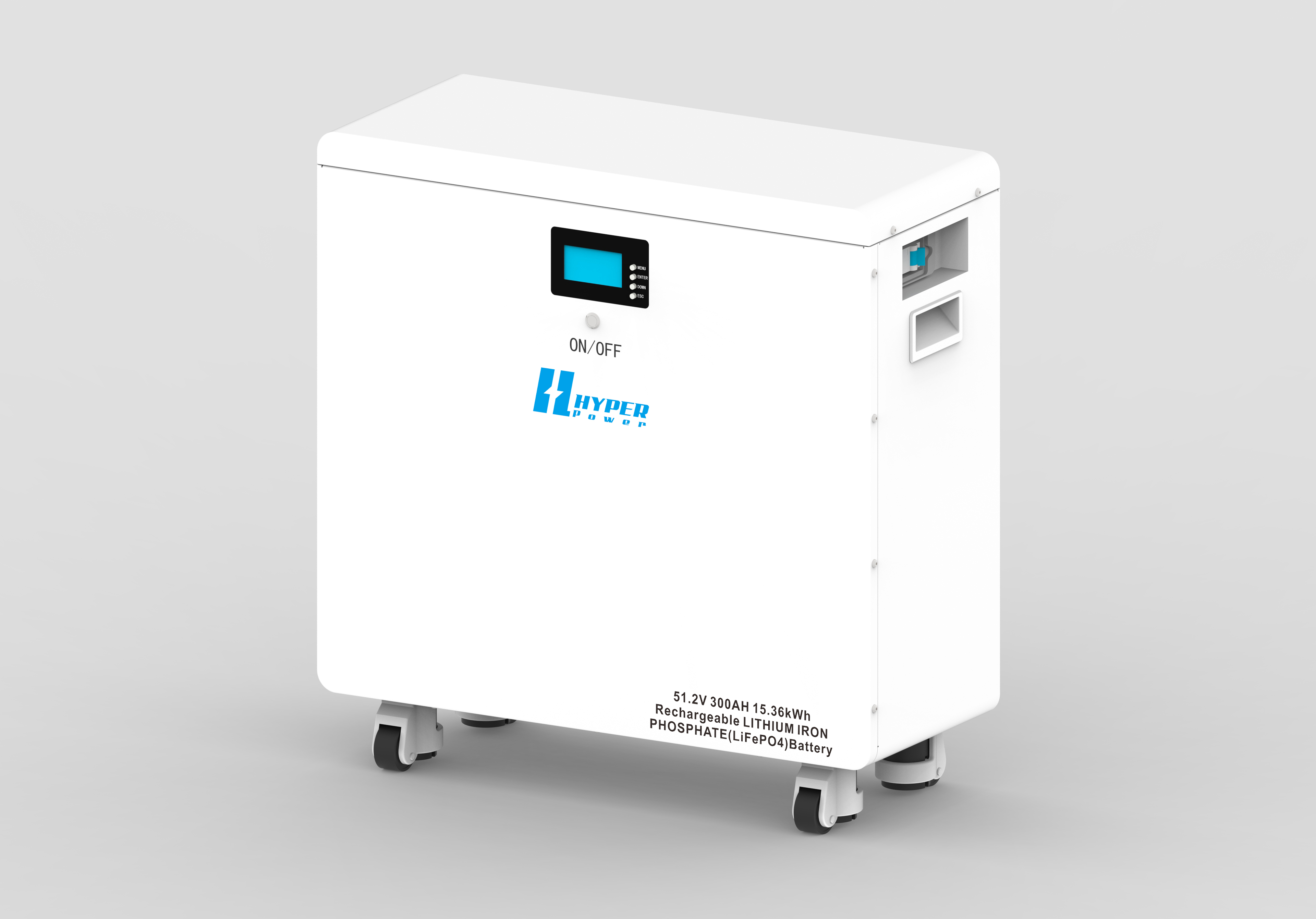









-Charging.png)
.jpg)






